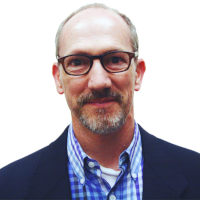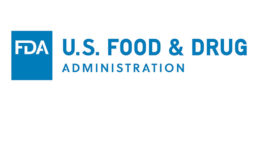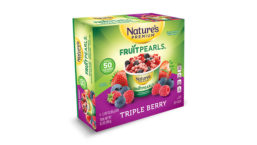Home » food waste
Articles Tagged with ''food waste''
Jeni Britton aims to revolutionize the fiber category with sustainable new products
Read More
Rabobank Honors The Wonderful Company at Annual Leadership Summit
The annual celebration recognizes organizations that demonstrate remarkable industry stewardship, sustainability and innovation in food and agribusiness
December 13, 2024
PREDICTIONS 2025
Upcycled Food Revolution: Innovating for Sustainability and Reducing Waste in 2025
Upcycling gained acceptance and momentum in 2024, and will continue to grow in the coming year
December 3, 2024
How to Boost Chocolate Flavor, Reduce Cocoa, and Cost
Jason Horvath of POM Wonderful shares insights about cocoa ingredient alternatives
November 25, 2024
GT's Living Foods Earns TRUE Gold Certification for Zero Waste Excellence
The certification recognizes facilities that excel in reducing waste, optimizing resources, and creating positive environmental impacts
October 4, 2024
Purdue University Earns $1.5M USDA NIFA Grant
The grant will support Purdue researcher identifying community-based food waste solutions
September 11, 2024
Ingredient Suppliers Embrace Upcycling, Regenerative Agriculture
Consumers concerns prompt processors to evolve systems to integrate new sustainable measures
June 24, 2024
FDA, USDA, EPA Enhance Efforts to Reduce Food Loss and Waste
The US Agency for International Development joined the collaboration as a federal partner with international reach
June 3, 2024
Nature’s Premium Fruit Pearls Triple Berry
The new treats contain 50 calories per serving
April 19, 2024
Unlock the Future of Food and Beverage Innovation
Are you a leader in research & development? Stay ahead of the curve with Prepared Foods, the premier source of information and insights for today's trend leaders and taste-makers in food and beverage manufacturing.
JOIN TODAYCopyright ©2025. All Rights Reserved BNP Media.
Design, CMS, Hosting & Web Development :: ePublishing











